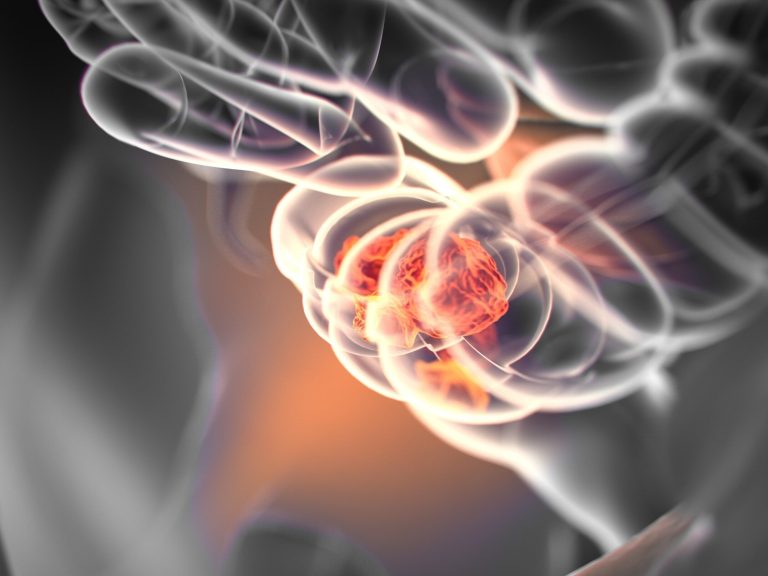This type of exercise slows the progression of Parkinson’s disease. New research is surprising

Chinese scientists have discovered a way to slow down the progression of Parkinson’s disease. Recent research has shown that physical activity can significantly improve the quality of life of patients struggling with this disease. It’s about a specific type of exercise.
Parkinson’s disease is a neurological disorder. It causes the death of nerve cells responsible for the production of dopamine. The deficiency of this neurotransmitter in the body leads to disorders in the coordination of movements. Uncontrollable shaking of hands occurs. Experts also pay attention to other characteristic symptoms – muscle stiffness, marked slowing down of movements, difficulties in maintaining proper body posture, low mood, etc. Treatment of Parkinson’s disease mainly comes down to pharmacotherapy. However, physical activity also plays an extremely important role in the therapeutic process. Recently, specialists from Shanghai Jiao Tong University School of Medicine discovered that the development of the disease can be delayed by one type of exercise in particular.
Tai chi may help treat Parkinson’s disease
More than 300 people diagnosed with Parkinson’s disease took part in the research organized by Chinese scientists. At the beginning, the health of all participants was carefully assessed. Issues analyzed included walking speed, postural stability and cognitive functioning. Then the volunteers were divided into groups. The first one practiced tai-chi twice a week for an hour, the second one did not engage in this type of activity. Both were receiving standard therapy used to treat Parkinson’s disease. Specialists monitored the health situation of the subjects for five years. What conclusions did they reach?
It turned out that in people practicing tai-chi, the disease progressed more slowly (compared to patients who did not engage in this activity). Moreover, a decrease in the severity of Parkinson’s symptoms was observed in the training group. Patients also managed to reduce the doses of medications they took (even twice). Although it is no secret that exercise has a positive effect on the health of patients, the effects of practicing tai-chi are surprising, especially their long-term effects. Experts emphasize that the mentioned studies – despite certain limitations – constitute important evidence of the effectiveness of exercises in alleviating the symptoms of neurological disorders related to dopamine deficiency.
“Right now, exercise is basically the only non-pharmacological treatment for slowing Parkinson’s. So far, most training programs recommended to patients have included intense gymnastics. The presented analyzes prove that not only increased physical activity can bring tangible benefits in delaying the symptoms of the disease. After all, what is most important in tai-chi is not physical strength, but mindfulness and focusing on the details of the movements performed,” notes Dr. Eric L. Hargreaves, a neurophysiologist and neurobiologist at the University Medical Center.
This mindfulness can help patients navigate tight spaces and perform everyday tasks such as cooking meals and cleaning. Patients report fewer falls. They also do not have major problems with memory and it is easier for them to concentrate.
“The presented research has shown that regular tai-chi exercise can improve the quality of life of Parkinson’s patients by improving the functioning of neural networks and alleviating motor and non-motor symptoms accompanying the disease,” emphasizes neurologist Dr. Daniel Truong
What is tai chi?
Tai-chi is an exercise system that combines elements of martial arts and meditation. This training involves performing a series of slow movements and deep breathing. The activity takes place in silence, which allows you to better focus on the activities at a given moment. This type of gymnastics does not require any specialized equipment. It can be grown in virtually any conditions – individually, in a group, indoors or outdoors.
What are the benefits of tai chi exercises?
Practicing tai chi has a number of different benefits. Increases flexibility and muscle strength. It helps maintain proper body posture. It improves well-being and relieves pain. The conducted research proves that the described form of recreation may also have a positive impact on cognitive functioning in people with dementia. It is worth paying attention to one very important issue here – approximately 20-40 percent of patients suffering from Parkinson’s disease have symptoms of dementia.






